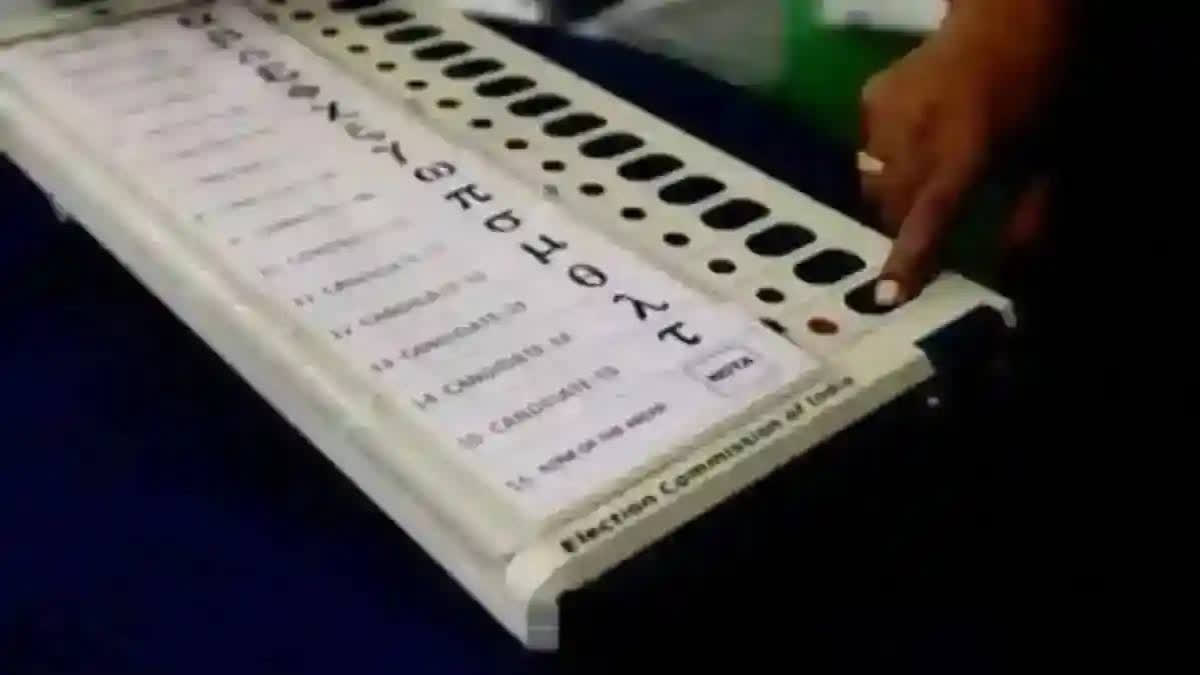London: The majority of the population in India favours a "strong" leader and is satisfied with the performance of the national government, according to a study of voters in 19 countries, including in three of the world's largest democracies, released on Thursday.
The report titled 'Perceptions of Democracy: A Survey about How People Assess Democracy around the World' was released by the International Institute for Democracy and Electoral Assistance (International IDEA), which was founded in 1995 with a mandate to support sustainable democracy worldwide.
Nineteen countries, including India, the US, Denmark, Italy, Brazil, Pakistan and Iraq, were surveyed. Surveys were also carried out in Taiwan, Chile, Colombia, The Gambia, Lebanon, Lithuania, Romania, Senegal, Sierra Leone, the Solomon Islands, South Korea and Tanzania.
The study noted that people are generally more dissatisfied than satisfied with their governments in the countries surveyed. However, "India and Tanzania stand out for high levels of confidence in institutions and satisfaction with governments," it said.
In 17 of the 19 countries, less than half of the people are satisfied with their governments, and this pattern holds for self-identified minorities and low-income groups, including in countries experts consider high-performing.
"India and Tanzania stand out," the study said, "with 59 per cent and 79 per cent, respectively, expressing satisfaction or complete satisfaction with their national governments."
In India, this is in line with other public opinion polls, where Prime Minister Narendra Modi's domestic approval rating has long held at or above 66 per cent, the study said.
"In about half the contexts (nine countries), self-identified members of minority groups are more likely to be highly dissatisfied with their governments than others. In the USA, the gap between minorities and others in satisfaction is 12 percentage points. Gaps in satisfaction in Denmark (6 points), Italy (6 points) and Taiwan (20 points) are also significant.
"These four countries are also among those where low-income residents are likely to have the greatest dissatisfaction with the government relative to the rest of the country," the study said.
The study said many Indians favour a "strong" leader. "In 8 of the 19 countries, more people have favourable views of a strong leader' than have unfavourable views. There is no country in which a majority of respondents have extremely unfavourable' thoughts about non-democratic leadership...People in countries with higher levels of representation have lower support for a strong leader', but India and Tanzania stand out as countries with high levels of support for a strong leader'," the 95-page report mentioned in its key takeaways.
The surveyed countries, which include three of the world's largest democracies (Brazil, India and the US), were chosen to include a wide range of geographic, economic and political contexts.
The International IDEA contracted market research and data analytics firms YouGov and GeoPoll to run the survey across 19 countries. The surveys were carried out in other countries last year and in India in January this year.
A representative sample of the population (approximately 1,000 people) from each country and an additional sample of people whose household income indicated that they were experiencing poverty (approximately 500 people) were surveyed.



